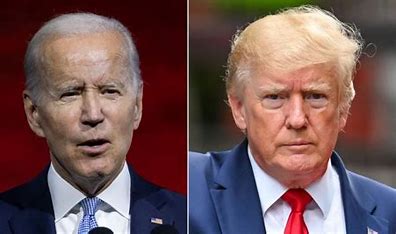Biden Missed an Opportunity by Not Pardoning Trump
WORLD


President Joe Biden had a unique opportunity to reshape the national conversation by pardoning Donald Trump after his federal indictments—a decision that could have blunted accusations of political persecution and helped shift the focus from Trump’s legal troubles to the country’s pressing challenges.
Historical precedent supports this idea: In 1974, President Gerald Ford pardoned Richard Nixon after Watergate, arguing that prosecuting a former president would only deepen national divisions and distract from urgent issues.
While controversial, Ford’s decision reflected a pragmatic approach to governance.
A similar move by Biden could have preempted claims of “weaponized justice” and demonstrated his ability to lead above partisan politics.
This isn’t about absolving Trump but recognizing the political and social cost of prolonged legal battles.
Pardoning Trump might have also softened the backlash over Biden’s pardon of his son, Hunter Biden, reframing it as part of a broader effort to move the nation past its divisive politics.
Instead, Biden’s inaction left the nation entrenched in a cycle of partisan conflict, with Trump’s legal woes continuing to dominate public discourse.
As Ford aptly said during his decision to pardon Nixon, “Our nation’s attention would needlessly be diverted.” The same holds true today—Trump’s crimes won’t ultimately harm him; they’ll harm us.